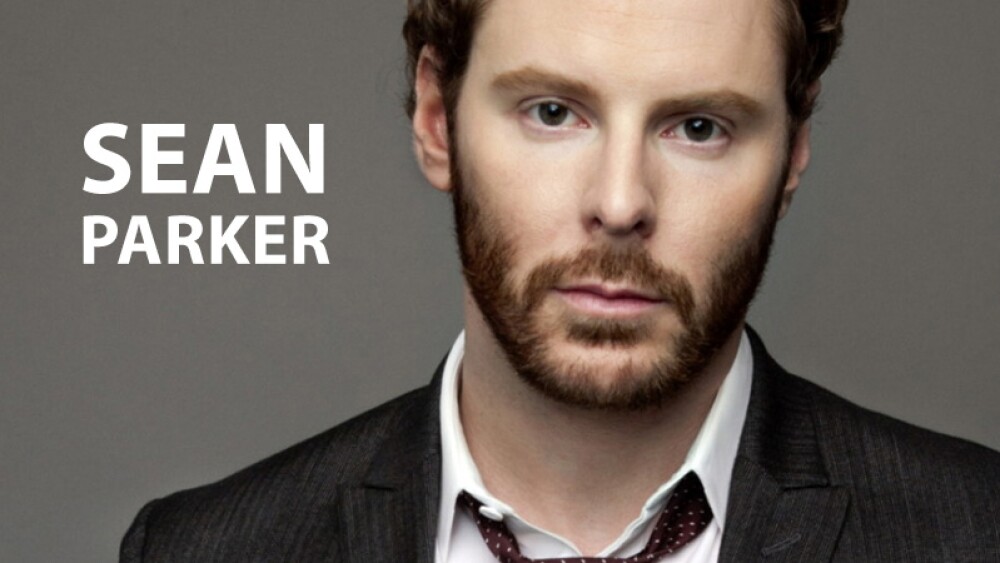October 5, 2017
By Alex Keown, BioSpace.com Breaking News Staff
PALO ALTO, Calif. – A little known immuno-oncology company 3T Biosciences has secured millions of dollars in funding from some big-name investors, including Sean Parker and Peter Thiel, according to reports.
According to a CNBC report, Parker and Thiel helped the infant company raise $12 million in seed funding. Little is known about what 3T Biosciences is focused on and how many people the startup employs. Citing people familiar with the matter, CNBC said the company is helmed by Luke Lee, a cancer biology student and a principal at Asset Management Ventures. There are also a group of academics from Christopher Garcia’s biology lab at Stanford University involved with the project.
According to CNBC’s source, 3T Biosciences is “in the T-Cell therapy space.” That space is ever-growing as companies look to develop therapies that harness the body’s immune system to fight off cancers. The space has been bolstered by the approval of Novartis ’ Kymriah (tisagenlecleucel), the first gene-therapy cancer treatment in the United States. Kite Pharma , which was recently acquired by Gilead Sciences for $12 billion, is likely to become the second company to secure approval from the U.S. Food and Drug Administration for its T-cell therapy.
Beyond the involvement of Parker and Thiel, little else was disclosed about the stealthy 3T Biosciences. For his part, Parker, who made his fortune creating Napster and backing Facebook, has been using his finances to support immunotherapy-focused companies. In June, the Parker Institute for Cancer Immunotherapy backed little-known Singapore-based Tessa Therapeutics in a bid to take T cell immunotherapy to the next level. The two entities will combine forces to conduct cancer immunotherapy research using a combination of cellular therapy and immuno-oncology treatments. Tessa Therapeutics will provide the Parker Institute with its Virus Specific T Cell technology, which the institute said: “holds the promise of becoming a treatment platform for a wide variety of cancer indications.” The two companies will work together on clinical and pre-clinical immunotherapy projects. Tessa is in the midst of a Phase III cancer T cell therapy trial for Nasopharyngeal carcinoma. This is the world’s largest Phase III T Cell immunotherapy trial for any cancer indication. Tessa’s technology is different than traditional CAR-T technologies, where T cells are extracted and re-engineered to kill cancer cells. On its website, Tessa said its Virus Specific T Cell technology “is a living treatment which is based on each patient’s individual and unique immune system. The patient receives T Cells that are alive, functional and able to react to the cancer.”





